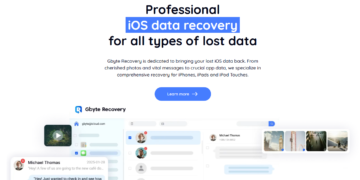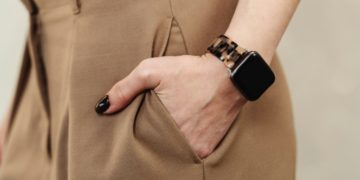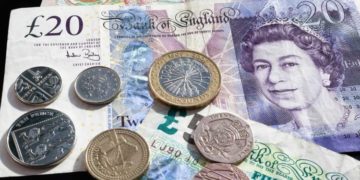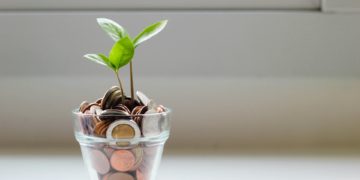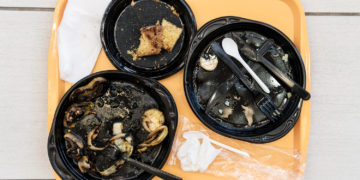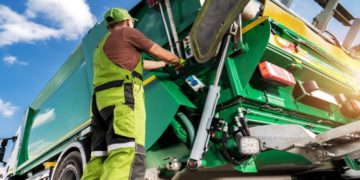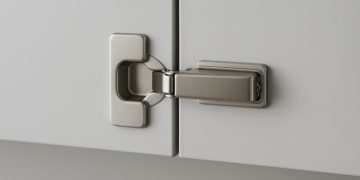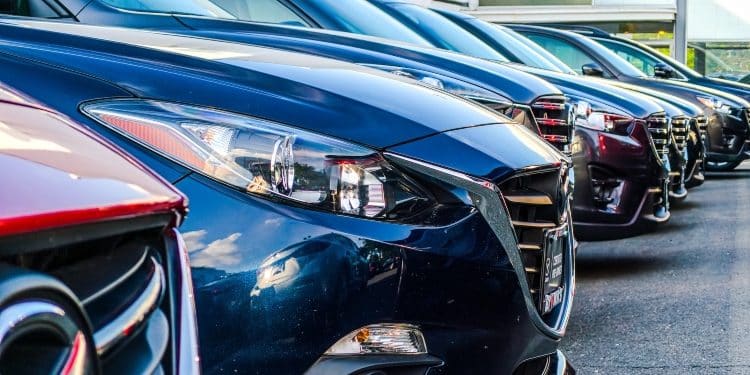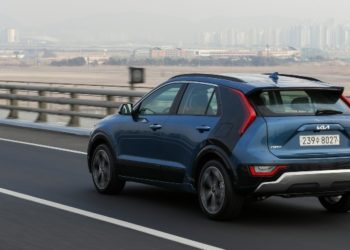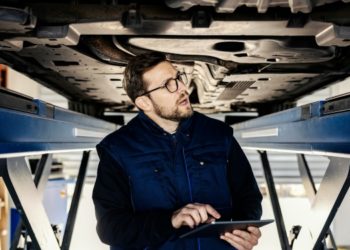While buying a used vehicle is a cost-effective way to get yourself on the road, it’s essential that you do your homework before investing in a second-hand car. In order to avoid falling victim to unscrupulous salesmen and scams (and potentially paying for a damaged, dangerous or unroadworthy vehicle), take this advice on board if you’re considering buying a second-hand car:
Where to buy a used car
The internet has made it easier than ever to buy used cars – whether you decide to purchase your car from a dealer, trader or private seller, you should be able to do most of the legwork online without leaving your home. Because buying privately often requires automotive expertise, it may be best to go with a dealer or trader (unless you’re particularly knowledgable and confident in your ability to reliably assess a car). Professional car dealers, traders and garages will usually provide more security in terms of warranty and vehicle safety than private sellers, however it may be a cheaper option to buy privately.
Check vehicle history
Before you buy any used vehicle, you must ask the seller for the make and model number, registration number and MOT test number – check that these correspond with the information held by the DVLA, and that the information given to you matches with that in the car’s log book. You can easily check the status of a used car online, including its MOT history – ensure that you’re aware of any previous accidents or repairs associated with the vehicle, including any recalls due to serious safety issues.
Check for exterior damage
Once you’re satisfied with the information and documentation provided, give the car a thorough inspection to check for any exterior damage such as rust, paint damage or warping. Ensure that the frame of the car is level and that it has not been adjusted or tampered with.
Check the engine
As the most crucial component of any car, it’s essential that the engine is undamaged and in good working order. You can easily inspect the engine yourself by turning off the car and checking for any visible signs of leaking, corrosion or cracking – you can also colour-test the oil and transmission fluid using a strip. If you need assistance checking the engine, don’t hesitate to hire a professional to conduct the necessary tests.
Get a quote for car insurance
If you’re happy with the interior and exterior of the vehicle and you’ve checked over all of the relevant documentation, the final step to take before making a deal is checking how much the car insurance is likely to cost – it’s worth noting that, while older second-hand cars may be cheaper to purchase than newer models, they may carry significantly higher insurance fees. Always check rates before buying a used car in order to avoid unexpected fees further down the line.
David Prior
David Prior is the editor of Today News, responsible for the overall editorial strategy. He is an NCTJ-qualified journalist with over 20 years’ experience, and is also editor of the award-winning hyperlocal news title Altrincham Today. His LinkedIn profile is here.




